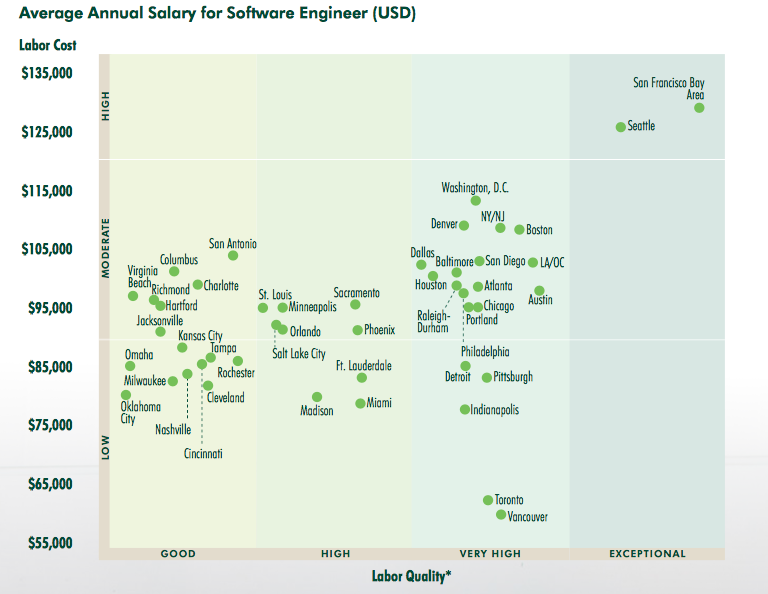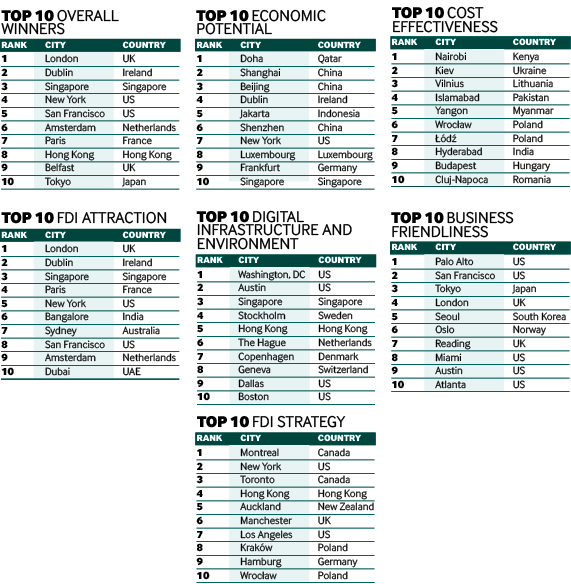Certain Affinity, the largest independent video game developer in Austin, today announced that it will be opening a second development location in Toronto, Ontario, Canada. Certain Affinity has a proven track-record developing innovative, triple-A action games, including both original titles and co-development of games in blockbuster franchises like "Call of Duty," "Halo,", "DOOM," and "Left 4 Dead." Certain Affinity's new studio will be opening in February in the Fashion District in the heart of downtown Toronto. To select the right location for its new office, Certain Affinity worked closely with
Toronto Global, a team of experienced business advisors assisting global businesses to expand into the Toronto Region.
Certain Affinity recently celebrated its 12th anniversary; during its history it has developed or co-developed 29 products across 12 different franchises, with more than 100 million units sold. The new Toronto location will support the Austin studio currently developing an ambitious original title as well as an original IP game, "Last Expedition," which is a sci-fi co-op FPS.










